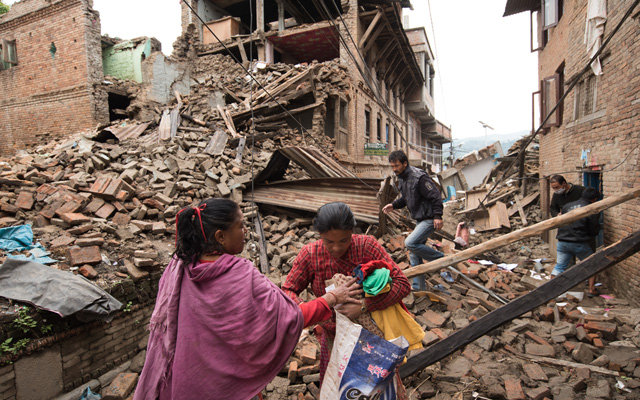
With the frequency and severity of natural disasters occurring around the world, PATA is calling attention to its Recovery Advisory Group as an avenue affected destinations can look to for tourism recovery assistance.
According to PATA, the advisory group assists member destinations in identifying key challenges facing the sector and providing turnaround strategies during periods of sudden decline in tourism arrivals and earnings as a result of natural or man-made disasters.

The members of the PATA Recovery Advisory Group are formed on a skill-based volunteering basis, leveraging the specialised experience and expertise of individual PATA members to spearhead recovery efforts in the fields of marketing, branding and media, budgeting and financing, and safety and security.
PATA says previous recovery efforts have been successful in such destinations as Nepal, after the devastating earthquake in April 2015, and following the Bali bombing incident in 2002.
“The effects of global warming have only increased the severity and frequency of devastating weather events around the world and we have already seen this take place in India, the US, Puerto Rico, Japan, Hong Kong, and Macau, China, to name a few. As PATA has often talked about the responsible development of travel and tourism in the Asia-Pacific region, it is our duty to provide assistance when needed,” said PATA CEO Mario Hardy.
“The PATA Recovery Advisory Group is in line with our activities on advocacy, human capital development and sustainability, but one which we would rather not have to call upon. Nevertheless, PATA will always continue to advocate responsible tourism development that benefits, rather than destroy, our communities.”



















